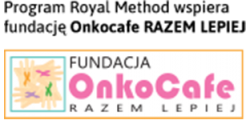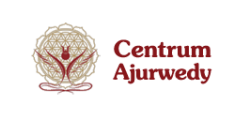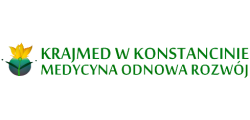
Citing Hippocrates: "A wise man should consider that health is the greatest of human blessings, and learn how by his own thought to derive benefit from his illnesses”.
Following the advice of the father of medicine, it is worth to consider such wisdom. We have one health and one life - it lies in our hands. What we have to do is learn how to decide for ourselves.
Cancer, heart attack, stroke, diabetes mellitus, high blood pressure, multiple sclerosis, and other serious illnesses often become a devastating diagnosis. We are terrified by their strength, irrevocability and often irreversibility. They destroy the body, but survival of it ultimately determines the length of life and, to a large extent, its comfort. Meanwhile, the fight against these diseases seems doomed to failure. But does it have to be like that?
The manifestation of a life-threatening, incurable or disabling disease is undeniably a serious and demanding matter. But perhaps it is worth to reject stereotypes and dare to say: "I will try to recover!". Not because of a miracle, but because I will work on it by myself. How? By starting the natural processes of self-healing and regeneration with the strength of my own mind. Mechanisms that not only stand in the way of conventional treatments, but can also help them out.
Let’s recall two well-known terms - "spontaneous remission" and "placebo". A spontaneous remission is a spontaneous, usually unexpected recovery. Placebo is a dummy substance or therapy that produces a therapeutic effect in a patient who believes he or she has been given the real medicine or has undergone actual surgery. These are excellent examples of how a properly directed mind activates self-healing processes.
Here is the story of an elderly woman who lost her sight in one eye due to a stroke. According to the ophthalmologist who examined her, the loss of vision was irreversible - the woman was to remain blind to this eye for the rest of her life. However, the patient did not accept this diagnosis. She used visualization techniques and regained her eyesight after some time. Another ophthalmologist commented that this was an effect of spontaneous remission.
Of course, you can call it like that, but the more important question is ”why it happened?”. If the patient had uncritically submitted to medical authority and recognized the irreversibility of her condition, would the remission also have occurred? By taking matters into her own hands ,and recognizing that she was the ultimate authority in matters of her eye and sight, what resulted was recovery. In this situation, the conscious work of the mind and the correct approach resulted in her regaining sight.
This course of events can - and should - be the rule. For this to happen, however, it is necessary to know how to use the strength and resources of the mind, how to persuade the subconscious to work effectively, what tools to use and how to trigger regenerative and repair processes. The acquisition and improvement of these skills is the subject of many workshops and consultations. There are also support materials that can help you gain relevant knowledge. By applying it in practice, we will give ourselves the greatest gift in the form of a long and healthy life.




